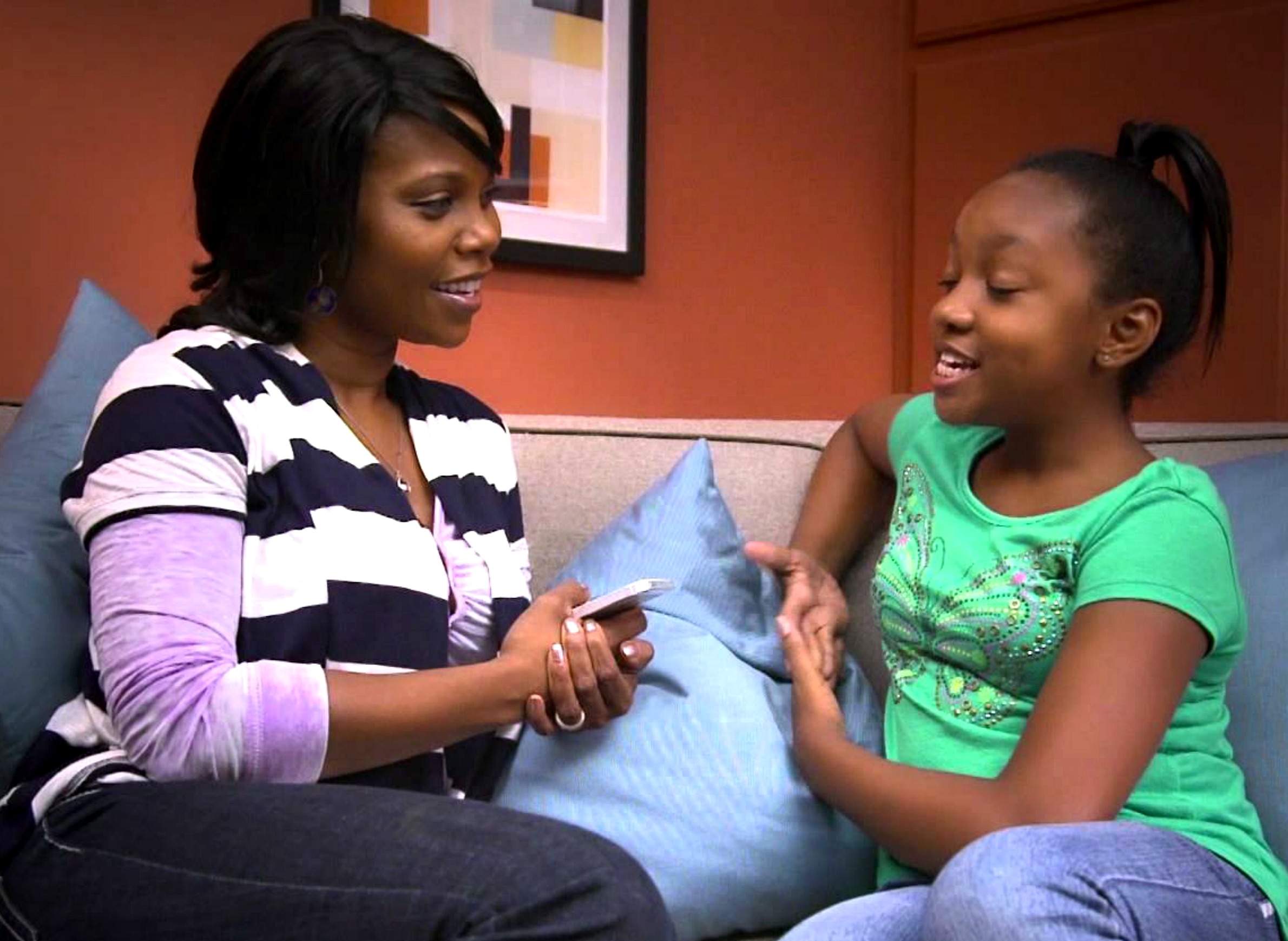WisContext serves the residents of Wisconsin, providing information and insight into issues as they affect the state. We want to share what we've learned, and media and educational organizations are welcome to republish our articles online and/or in print.
At the top of each of our available stories, you will see a button labeled "republish." This button provides an easy way for you to copy and paste WisContext story text on to your website. Only stories with the button are available for republishing.
For more information, here are our republishing guidelines:
- Only articles credited to WisContext or its partners at Wisconsin Public Media — Wisconsin Public Radio, PBS Wisconsin — may be republished.
- Republished articles may not be edited, except to fit an organization's style requirements, to address relative differences in time and/or location, or to shorten it. If an article is shortened, please add the note "This item was edited for length." If republishing online, please try to retain links that are included in the article.
- Republished articles must be credited to the original author(s) and WisContext. Please use this style: [Author name], WisContext (or any of the partner organizations if the item is originally credited to them).
- You must include our page view counter when republishing online. This tool is a 1x1 invisible pixel that allows WisContext to know when and where articles are republished. This counter is available when you click on the "republish" button that appears at the top of articles open to republishing. It is distinct to every different article, so make sure you are using the appropriate code. The counter does not track any personal information or other user data — we use it to know the URL of articles that are republished.
- When republishing any WisContext article, this credit must be included: [Article Title] was originally published on WisContext, which produced the article in a partnership between Wisconsin Public Radio and PBS Wisconsin. Please link back to the original version in this note.
- By republishing articles online under these guidelines, you agree to immediately remove our content from your website if we contact you and request that you do so.
- Photos, graphics and data visualizations may be republished with articles if they are credited to staff at WisContext or its partners at Wisconsin Public Radio and PBS Wisconsin. They may not be published separately from the articles with which they appear. If photos, graphics or data visualizations are not credited to WisContext or its partners or their staff, they may only be republished per their original copyright restrictions. (WisContext often uses Creative Commons-licensed images, and follows their republishing guidelines.)
- If you share the republished story on social media, please mention @wiscontext on Facebook and Twitter.
- WisContext articles may not be sold. Please do not sell advertising against WisContext articles, but they may be republished online or in print with existing ads.
- WisContext occasionally republishes articles produced by other news organizations. These are not available for republishing from this site under these guidelines.
If you republish our articles, please send us a note with a link to where it appears. If you have any other questions, please contact us at [email protected]. Thank you for sharing!




